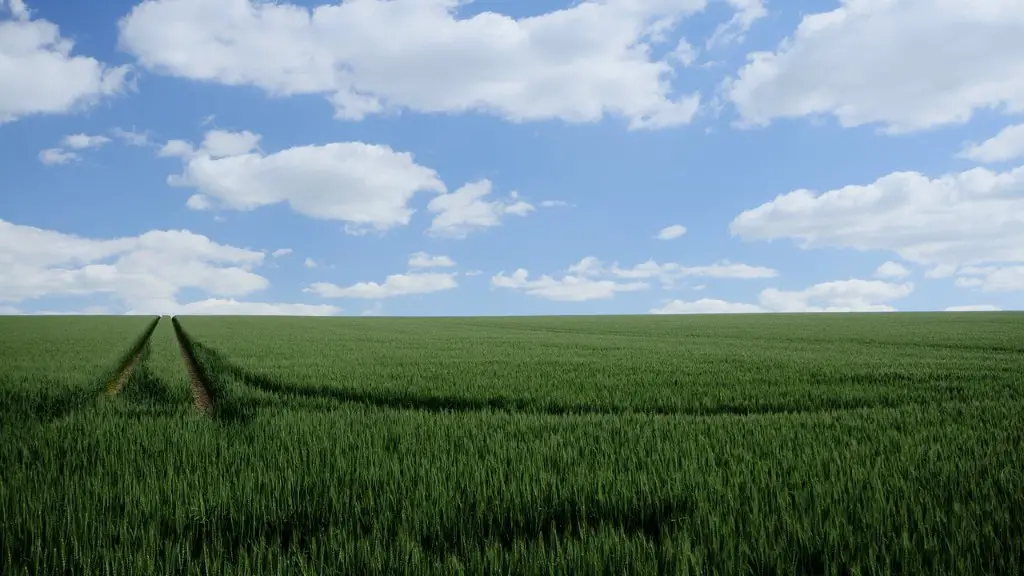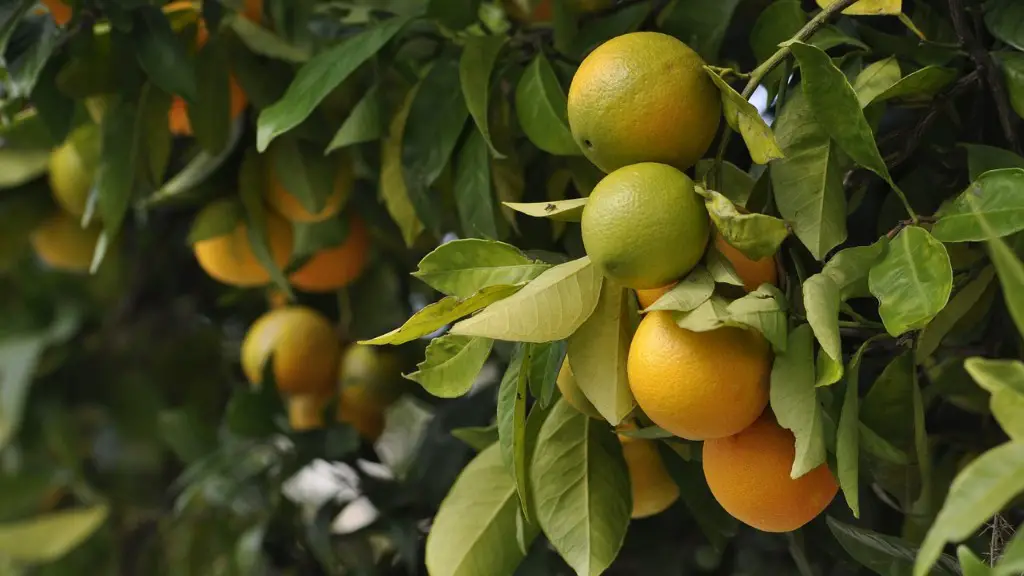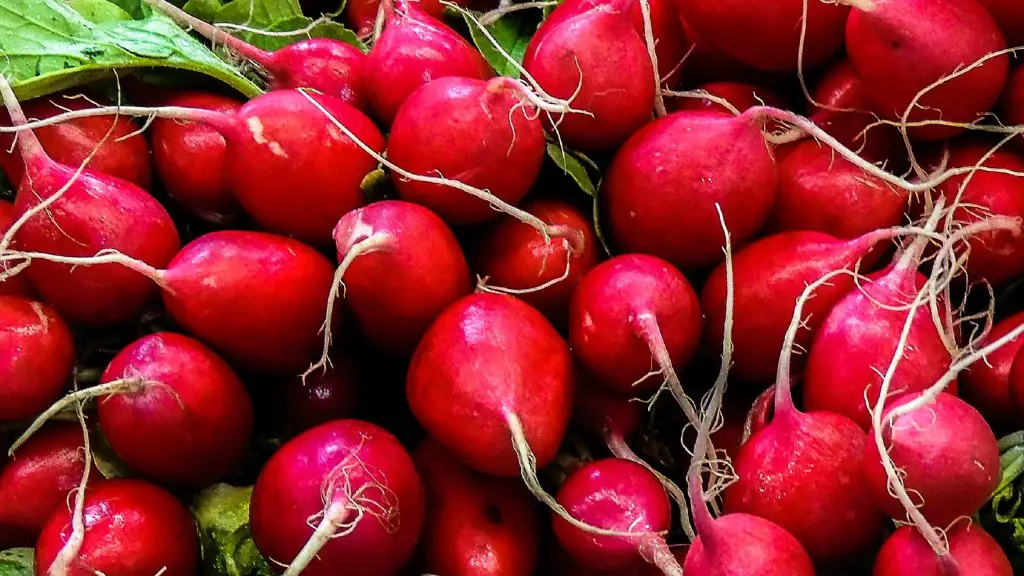Humus is an important component of healthy soil. It is a dark, organic matter that is created when plants and animals decompose. Humus helps to improve soil structure, increase water retention, and promote plant growth. It also provides a source of nutrients for plants and animals.
Humus is a natural, dark-colored organic matter that is essential for healthy soils. It is made up of decomposed plant and animal matter, and helps to improve soil structure, increase water retention, and promote plant growth. Humus is a key ingredient in many organic fertilizers and soil amendments.
Why is humus important in agriculture?
Humus is important for soil health because it allows soil organisms to feed and reproduce. The process of converting soil organic matter into humus supports the population of microorganisms and other creatures in the soil, and helps to maintain high and healthy levels of soil life.
Manure is a great way to enhance the water holding capacity of soil and to provide humus to the soil. However, it is important to remember that manure should be used in moderation, as too much can lead to an imbalance of nutrients in the soil. Fertilizers are also a great way to provide nutrients to the soil, but they should be used sparingly as they can be quite soluble in water and can easily leach out of the soil.
What are examples of humus
This is known as organic matter, and it is a key component in healthy soil. Dead and decaying animal waste, dried leaves, twigs, grasses, vegetables, microorganisms, and other nutrients make up the majority of this organic matter. It is a dark-colored amorphous substance that is very resistant to microbial action and decomposes at an extremely slow rate.
Organic matter is essential for healthy soil because it helps to improve soil structure, increase water retention, and promote nutrient uptake by plants. Additionally, organic matter provides a food source for soil microbes, which are important for breaking down organic matter and releasing nutrients into the soil.
While organic matter is essential for healthy soil, it is also important to manage it properly. If organic matter accumulates in excessive amounts, it can lead to problems such as compaction, waterlogging, and anaerobic conditions. Therefore, it is important to balance the addition of organic matter with other soil management practices such as tillage, crop rotation, and drainage.
Adding humus to your soil is a great way to add nutrients and improve its structure. You can create humus by composting organic materials, such as horse manure. Be sure to turn the compost regularly, and keep it moist (but not wet), and you’ll have nutrient-rich humus in no time!
What are 3 benefits of soil humus?
Humus is a key ingredient in healthy soil, and its benefits are many. It acts as a reservoir for nutrients, increasing the water holding capacity of the soil, improving soil structure and friability, and providing a source of energy for living soil organisms. All of these factors contribute to improved soil fertility, which is essential for healthy plant growth.
Clay soils have the highest humus content of all soil types. Humus is an important source of nutrients and helps improve soil structure. Clay soils are often used in agriculture and gardening.
What are the disadvantages of humus in soil?
While humus can be beneficial for your garden, it’s important to be aware of some of the potential drawbacks. Its results take time and are visible only over the long term, so you won’t see an immediate impact. Additionally, because you don’t know exactly what went into making the humus, there’s a risk of pathogens or weed seeds being introduced to your garden. If you’re considering using humus, be sure to do your research and weigh the pros and cons before making a decision.
Potting soil is usually a mix of peat moss, perlite, and vermiculite. Peat moss is an organic matter that helps retain water and nutrients, while perlite and vermiculite are inorganic materials that help with drainage and aeration. Although potting soil doesn’t have any humus or minerals, it can still be a great growing medium for plants. Some of the best potting soils contain fertilizer, but if yours doesn’t, it’s easy to add. Vermiculite is made from compressed minerals that expand when they absorb water, which makes it an ideal material for potting soil.
Is humus the same as topsoil
Topsoil is the top layer of the soil that is composed of organic matter. It is a thin layer that is found above the subsoil and below the vegetation. Topsoil is very important for the growth of plants as it contains all the essential nutrients and minerals required for plant growth.
Humus is a type of soil organic matter that has undergone complete decomposition. Manure, on the other hand, is composed of animal feces that is in various stages of decomposition. Manure can be used as a fertilizer, but it is not as effective as humus because it has not undergone complete decomposition.
Is humus a good soil?
Humus is essential for healthy soil and contains many useful nutrients, including nitrogen. Nitrogen is a key nutrient for most plants, and agriculture depends on nitrogen and other nutrients found in humus.
Leaf humus can be used as a mulch, which can help add nutrients to your soil. It is dark in color and can help improve the look of your garden.
Do plants grow well in humus
Humus is essential for healthy soil and strong plant growth. It increases soil fertility by providing essential nutrients like nitrogen and carbon, and helps to create a more balanced soil environment. Humus also helps to improve soil structure and drainage, and can increase the soil’s ability to hold water and nutrients.
Compost is usually used more as potting soil, a top-layer fertilizer to your plants, or to amend your current soil Whereas topsoil is better for building up your soil level or as a landscape filler In fact, many times when you order topsoil in bulk, what you get is dirt with some organic matter blended in.
Do fertilizers add humus to the soil?
Humus is an important component of soil that helps to improve its fertility and provide essential nutrients for plants. Fertilizers can help to improve the quality of the soil by adding essential nutrients and improving its ability to retain moisture.
Humus is definitely good for your garden! It has many nutrients that improve the health of the soil and improve the formation of good soil structure. Humus also helps the soil retain moisture by creating void spaces in the compost and increasing water retention.
Is humus better than compost
Both humus and compost are important for healthy plant and soil life. However, I don’t think you need to privilege one substance over the other. Both are necessary for a healthy ecosystem.
Loamy texture describes a type of soil that is made up of a mix of clay, sand, and silt. This type of soil is known to be ideal for growing plants and crops, as it allows for good drainage while still retaining some moisture. Additionally, earthworms prefer soils with loamy texture, which helps to aerate the soil and improve its overall quality.
Final Words
Humus is an important component of healthy soils. It is a dark, organic matter that forms when plants and other organic matter decompose. Humus helps improve soil structure, increase water and nutrient retention, and promote plant growth.
Humus is an essential component of healthy soil, providing many benefits to plants. It helps improve water retention, improve soil structure and increase nutrient availability. It also provides a source of food and shelter for soil organisms.





